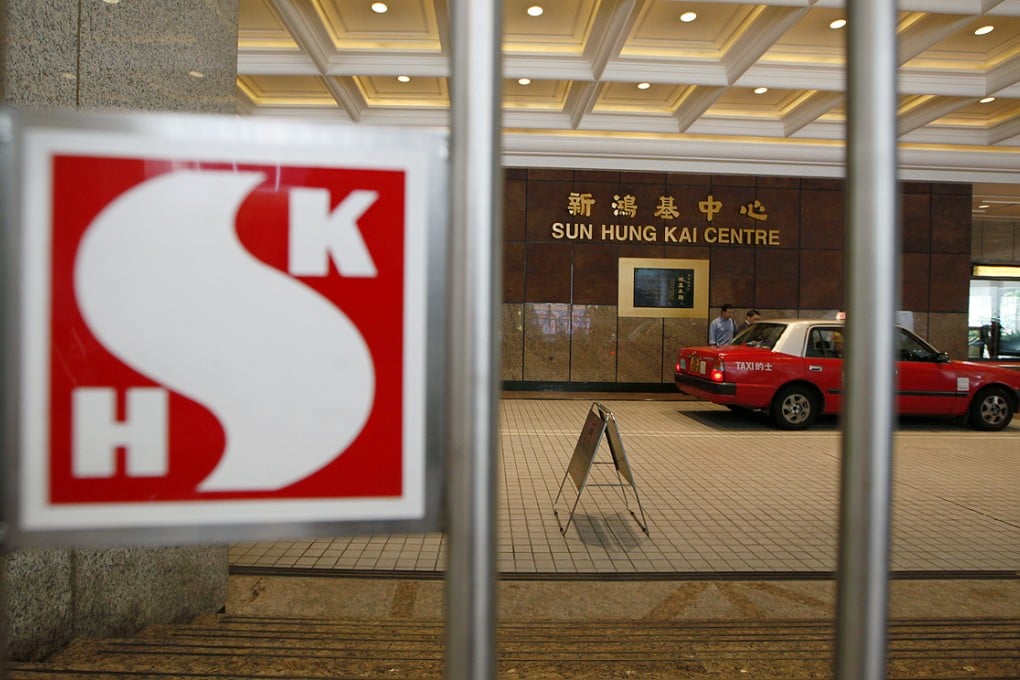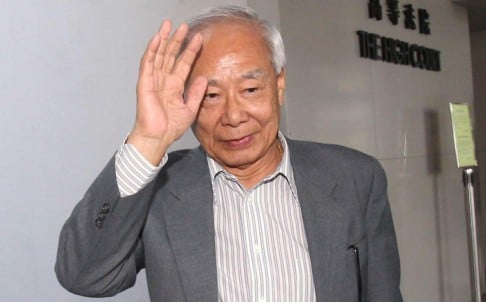SHKP 'persuaded transport officials' on Ma Wan buses
Corruption trial hears that site was to be accessible only by ferry until firm persuaded Transport Department to change its mind

Sun Hung Kai Properties persuaded the Transport Department to allow buses as well as ferries to serve its development on Ma Wan in the 1990s, the corruption trial involving the firm's co-chairmen and a former government No 2 heard yesterday.
Defendant Rafael Hui Si-yan, who would later become chief secretary, served as commissioner for transport between 1992 and 1995, the Court of First Instance was told.
Hui is accused of receiving tens of millions of dollars in cash and other inducements from SHKP co-chairmen Thomas Kwok Ping-kwong and Raymond Kwok Ping-luen and two others without disclosing them. Hui is alleged to have given SHKP insider information in relation to the Ma Wan and West Kowloon Cultural District projects.
Retired government engineer Kam Chan-yiu became the first current or former government official to testify on the Ma Wan development, a housing and commercial project undertaken by SHKP.
Kam, who described Hui as his "big boss" at the department, confirmed that when SHKP submitted its proposal for Ma Wan, the developer knew that ferries were to be the only mode of transport to the island.
This was revealed in a letter written by secretary for transport Haider Barma to Walter Kwok Ping-sheung, chairman of SHKP, in November 1993. Walter Kwok, elder brother of Thomas and Raymond, is not a defendant.
